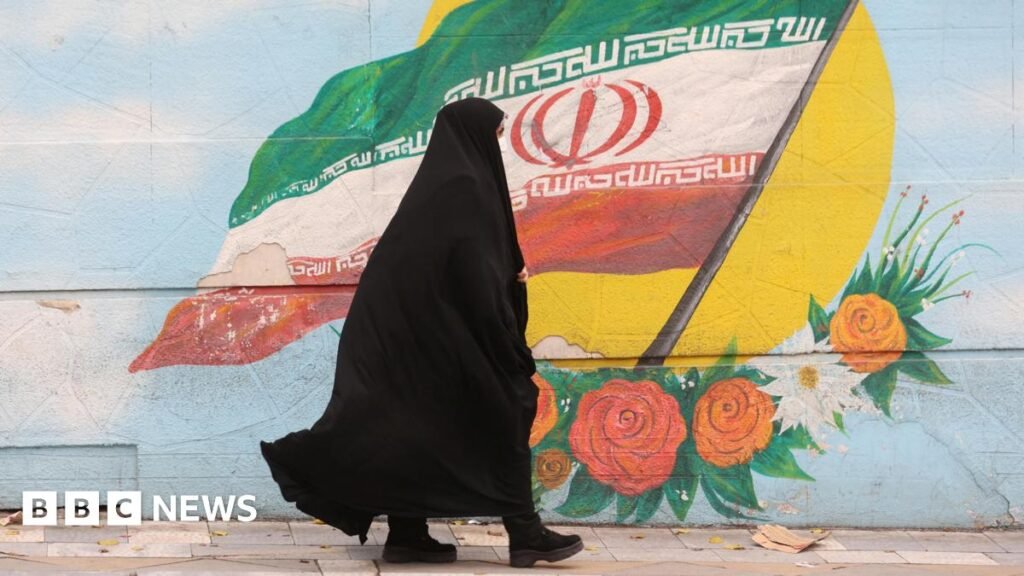The hijab debate gained further momentum last week when Parastu Ahmadi, a popular Iranian singer, was arrested after stream a virtual concert without an audience on YouTube without wearing a hijab, external.
The concert quickly went viral, and the arrest of Ahmadi and her bandmates sparked widespread backlash. Faced with a public outcry, the authorities released them the next day.
Tensions around the hijab remain high after nationwide protests in 2022 sparked by the death of Mahsa “Zina” Amini, a young Kurdish woman who died in police custody after being detained for allegedly violating the dress code.
Over the past two years, many young Iranian women have defiantly taken off their hijabs in public, defying the authority of the government.
Last week, more than 300 Iranian human rights activists, writers and journalists publicly condemned the new hijab law, calling it “illegitimate and unenforceable” and calling on Pezeshkian to fulfill her campaign promises.
Despite pressure from hardline factions close to Supreme Leader Ayatollah Ali Khamenei, many young people in Iran appear unafraid to defy the regime’s restrictions.
Pezeshkian’s supporters believe that the new hijab law will not stop young women from objecting to it and may even make the situation worse.
Still, supporters of the law are pressing the president to move forward, criticizing the National Security Council’s hesitation and demanding that he sign the law to clear the way for its implementation.
The decision to suspend its implementation indicates that the government fears it could trigger another wave of mass protests similar to those seen two years ago.

